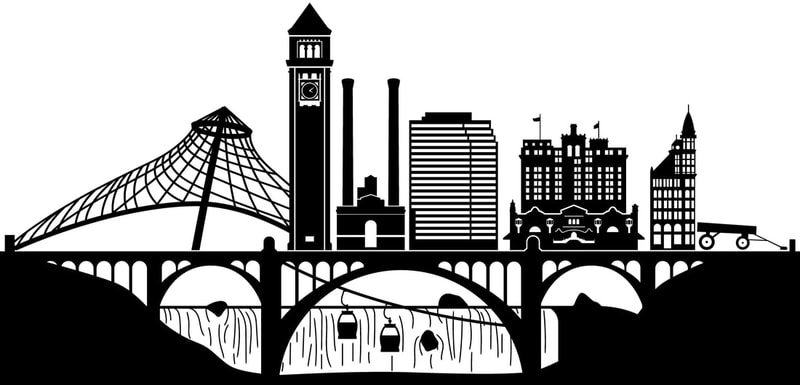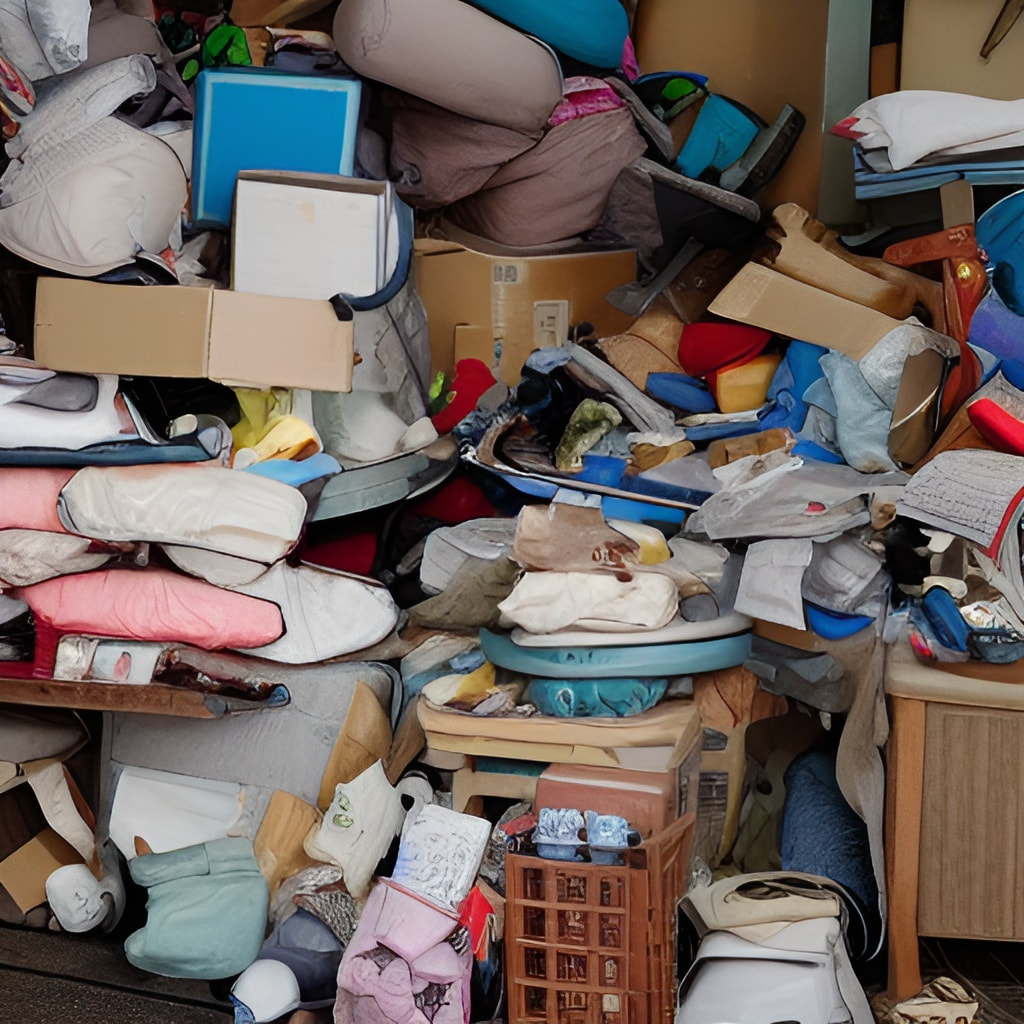|
You've been noticing some changes in your elderly parent or grandparent lately. Maybe they're holding on to things a little too tightly, or their home is starting to look a bit like a hoarder's paradise. Or, perhaps you've seen an episode of "Hoarders" and you're wondering if your loved one might be suffering from the same condition. Whatever the case may be, it's important to approach the situation with care and sensitivity. After all, this is someone you love and you want what's best for them. Here are five tips for helping an older adult overcome hoarding:
1. Talk to them about their why The first step is to have a conversation with your loved one about their hoarding habits. It's important to do this in a non-judgmental way, as most people who hoard are already aware that their behavior is problematic but feel powerless to change it. Simply let them know that you're concerned and want to help them find a solution. Oftentimes, people hoard because they're afraid of losing something important. It could be a sentimental item from their past or something they see as valuable. Talk to your loved one about why they're holding on to things and see if there's a way to address that underlying fear. 2. Get rid of the clutter Once you've had the initial conversation, it's time to start decluttering their home. This is no easy task, and it will likely take some time (and patience!). But, it's important to get rid of any items that are no longer being used or needed. You can start by having them sort through their belongings, keeping only what is truly important to them. Then, you can slowly begin getting rid of the rest. They definitely don’t need back issues of people magazine or 75 pickle jars. 3. Identify things to donate or sell Once you've gone through your loved one's belongings, you can start donation or selling items of value. Sometimes knowing items will go to someone who needs it can help them feel more comfortable letting things go. There are likely local organizations that would love to receive donations and selling items can bring in some extra cash. 4. Organize what remains Once you've decluttered their home, it's time to start organizing what remains. This will help them find things more easily and prevent new clutter from taking over their home again. There are many different ways you can organize their belongings, so find a system that works best for them and make sure they're involved in the process. 5. Seek professional help If the hoarding is becoming a health or safety issue don't hesitate to seek professional help. There are many counselors and therapists who specialize in helping people with this condition, and they can provide valuable support and guidance. In some cases, medication may also be necessary to help manage anxiety or obsessive-compulsive disorder (OCD), which can often be an underlying cause of hoarding behavior. Hoarding is a complex issue that can be difficult to understand, let alone deal with. But if you're caring for an older adult who's started to hoard, it's important to take action. There are ways to help an older adult overcome this condition. By decluttering their home, organizing their belongings, setting limits on what they can keep, and seeking professional help if necessary, you can provide them with the support they need to live a happier and healthier life free from the clutches of hoarding. Comments are closed.
|
AuthorTyice Strahl Categories
All
Archives
May 2023
|
- Home
-
Settings
- Assisted Living
- Home Care
- Independent Living
- Memory Care
- Skilled Nursing
- Adult Family Homes
-
All Communities
>
- Aspen Quality Care
- Avamere South Hill
- Brighton Court
- Brookdale Nine Mile
- Brookdale Park Place
- Cheney Assisted Living
- Cherrywood Assisted Living
- Colonial Court
- Cornerstone Court
- Evergreen Fountains
- Palouse Country
- Fairview Assisted Living
- Fairwinds
- Fairwood
- Fieldstone Memory Care
- Good Samaritan
- Maplewood Gardens
- Moran Vista
- North Point Village
- Orchard Crest
- Pine Ridge Memory Care
- Emilie Court
- Ridgeview Place
- Riverview Retirement
- Rockwood Retirement Community
- Rose Pointe Assisted Living
- Royal Park
- South Hill Village
- Sullivan Park Assisted Living
- Sunshine Health Facilities
- Touchmark Assisted Living
- Willow Grove
- Wind River
- Alderwood Manor
- Franklin Hills
- Manor Care
- North Central Care Center
- Providence St Joseph
- Regency at Northpointe
- Royal Park Health and Rehabilitation
- Spokane Veterans Home
- The Gardens on University
- Spokane Assisted Living Directory
- Locations
- Services
- About
- Senior Living Blog
- Contact


 RSS Feed
RSS Feed
